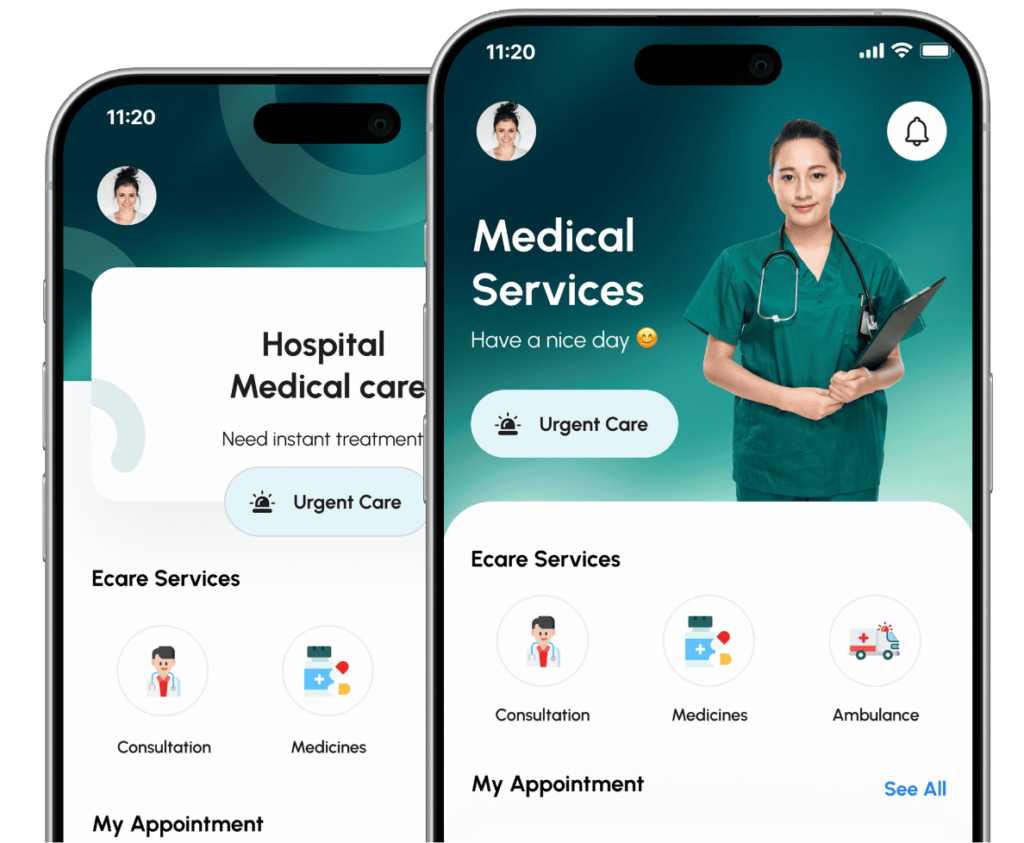Bloating is something we’ve all experienced at one point or another. That uncomfortable, swollen feeling in the abdomen can be caused by various factors, many of which are tied to our diet and lifestyle. However, while bloating is often dismissed as a mere inconvenience, it can sometimes be a signal that something more serious is at play.
Common Causes of Bloating: From Dietary Triggers to Underlying Health Conditions
One of the most common causes of bloating is diet. Foods like beans, cruciferous vegetables (such as broccoli and cabbage), dairy products, and carbonated drinks can lead to the buildup of gas in the stomach. However, bloating isn’t always linked to what we eat. It can also result from more complex issues, such as:
- Food intolerances: Conditions like lactose intolerance or gluten sensitivity can cause bloating when the body has difficulty digesting certain foods.
- Digestive disorders: Conditions like Irritable Bowel Syndrome (IBS), celiac disease, or even more severe issues like Crohn’s disease can contribute to bloating.
- Gut bacteria imbalance: An imbalance in the gut microbiome can lead to excessive gas production and bloating.
Recognizing the Signs: How to Differentiate Between Normal Bloating and a Potential Health Issue
While occasional bloating is usually harmless, it’s important to recognize when the symptoms go beyond the norm. Here are a few signs that bloating might be a symptom of something more serious:
- Persistent bloating: If bloating lasts for several days or weeks, it may indicate an underlying condition.
- Severe pain or discomfort: Intense abdominal pain, especially when accompanied by bloating, should not be ignored.
- Changes in bowel habits: A noticeable change in your bowel movements, like diarrhea or constipation, in addition to bloating, could signal digestive issues.
- Unexplained weight loss: If you experience unexplained weight loss alongside bloating, it may be a red flag for more serious conditions such as gastrointestinal disorders.
Expert Advice from Dr. Nishant Kurian: Practical Tips to Alleviate Bloating and Improve Your Digestive Health
While bloating can be frustrating, the good news is that there are several strategies to reduce and manage it effectively:
- Mind Your Portions: Overeating can contribute to bloating. Try eating smaller, more frequent meals throughout the day.
- Stay Hydrated: Drinking plenty of water helps with digestion and prevents constipation, a common cause of bloating.
- Limit Carbonated Drinks: Carbonated beverages can introduce excess air into your digestive system, leading to bloating.
- Include Probiotics in Your Diet: Foods like yogurt, kefir, and fermented vegetables can promote a healthy gut microbiome and reduce bloating.
- Exercise Regularly: Physical activity helps move gas through your digestive system and can alleviate bloating.
- Consider Food Sensitivities: If you suspect a food intolerance, speak to your healthcare provider to identify and eliminate the triggers.
- Consult a Specialist: If bloating persists or is accompanied by other concerning symptoms, it’s important to consult with a medical professional like Dr. Nishant Kurian to rule out any serious conditions.
Conclusion
Bloating may be common, but it should never be ignored—especially if it becomes chronic or is accompanied by other symptoms. By understanding the common causes, recognizing warning signs, and following expert advice, you can take control of your digestive health and improve your quality of life.
If you’re experiencing persistent bloating or other digestive issues, don’t hesitate to reach out to Dr. Nishant Kurian for a personalized consultation.






